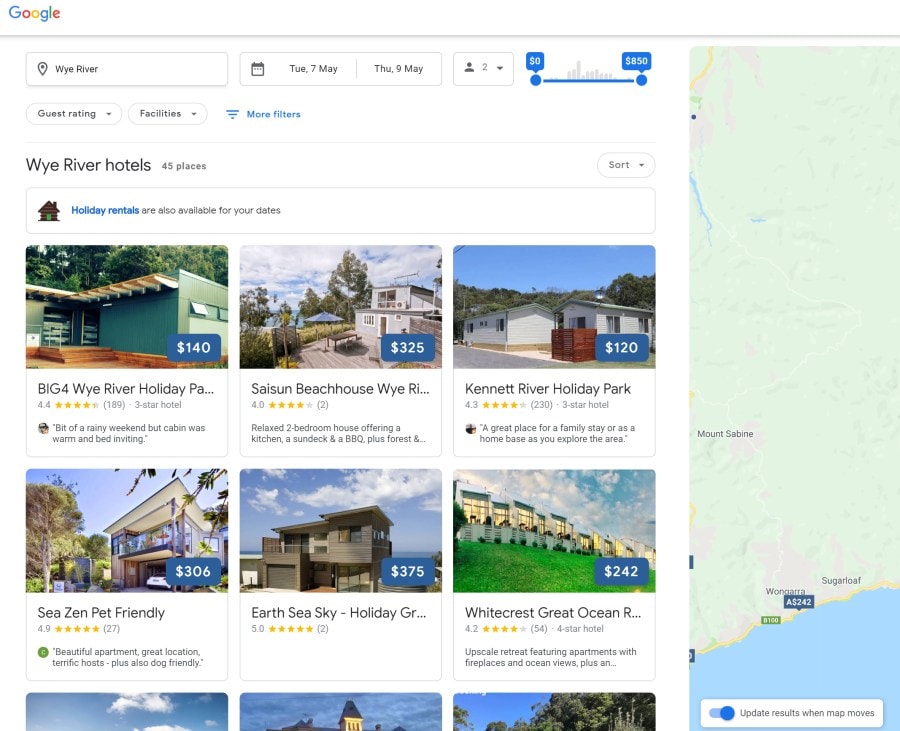Gradually the internet giants dominating accommodation bookings are being reeled in by consumer watchdogs. The travel aggregator Trivago is the latest culprit convicted. On 21 January 2020, Trivago was found guilty of making misleading representations to consumers by the Federal Court in Australia.
The Court ruled that from at least December 2016, Trivago misled consumers by representing its website would quickly and easily help users identify the cheapest rates available for a given hotel.
In fact, Trivago used an algorithm which placed significant weight on which online hotel booking site paid Trivago the highest cost-per-click fee in determining its website rankings and often did not highlight the cheapest rates for consumers. It also used misleading price displays.
The Australian Competition and Consumer Commission (ACCC), which brought the case to court said, “We brought this case because we consider that Trivago’s conduct was particularly egregious. Many consumers may have been tricked by these price displays into thinking they were getting great discounts. In fact, Trivago wasn’t comparing apples with apples when it came to room type for these room rate comparisons.”
Multimillion dollar penalties are likely to result from later court decisions.
Trivago aggregates accommodation at a location and claims to help consumers find the best and cheapest places to stay. It includes hotels and also smaller accommodation such as from the short term rental industry. Based in Germany, it is majority owned by Expedia and operates worldwide. Booking.com also has a stake in the company. Expedia also owns vrbo, Homeaway, Stayz and many others. Trivago claims to be the world’s largest online hotel search site, comparing rates from over 1 million hotels and more than 250 booking sites worldwide.
This is yet another prosecution of the internet giants for bad behaviour by consumer watchdogs, and follows cases in Europe where booking.com and others have been found to have abused consumer guidelines and abused market power.
The cat and mouse game between the giants and the watchdogs will continue to play out in coming years. In the meantime, the best defence that short term rental owners have is to capitalise on their intimate relationship with their guests.
By having strong repeat business tactics, owners can insulate themselves from the dominance of the ruthless internet giants. Those tactics are covered extensively in the holidayrentalmastery.com newsletter.








